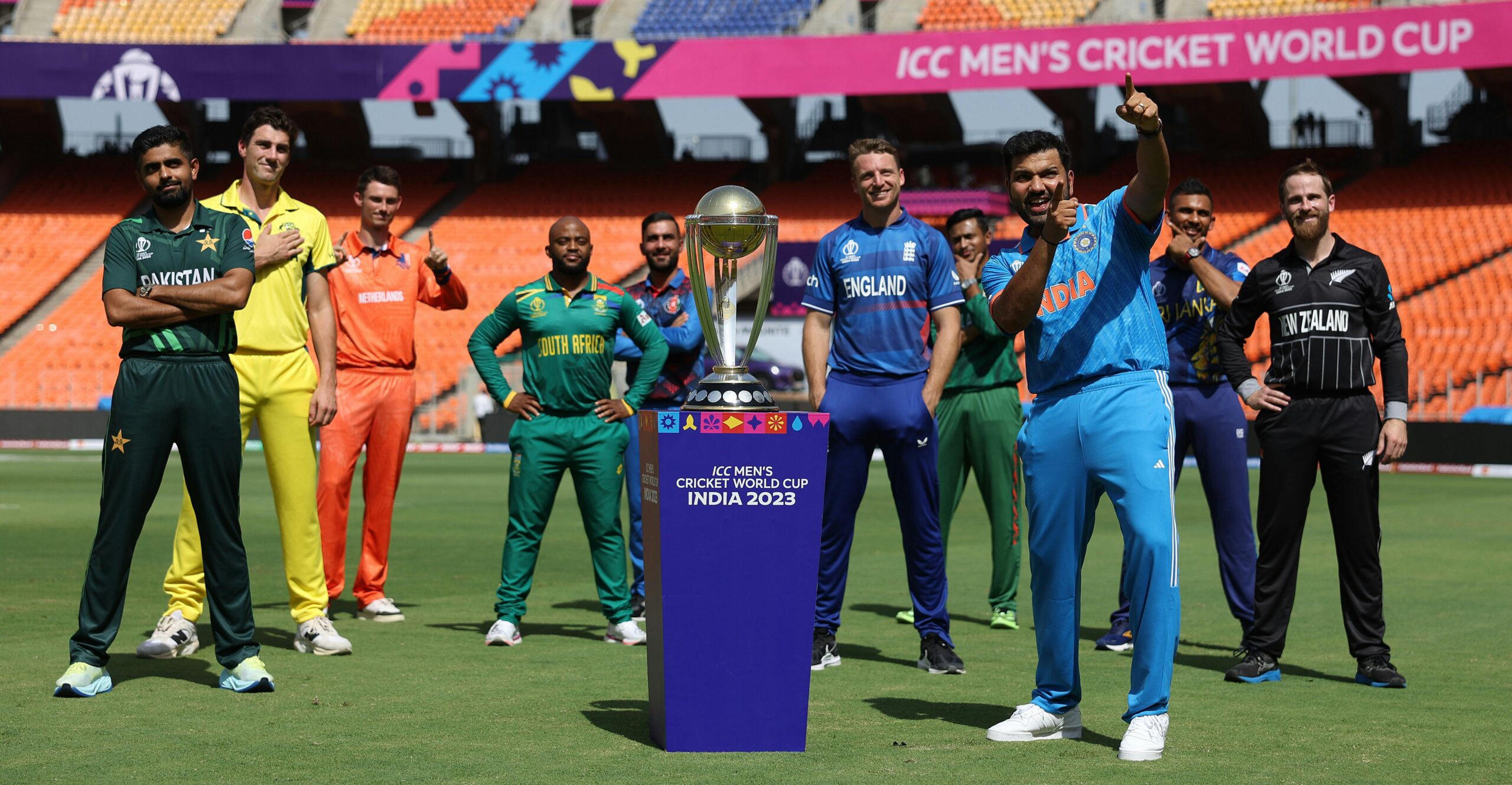How the ICC is Killing Cricket
Cricket, often referred to as a “gentleman’s game,” has evolved significantly since its inception. Governed by the International Cricket Council (ICC), the sport has seen numerous changes and developments under its administration. While the ICC’s role is crucial in promoting and organizing cricket globally, recent decisions and policies have sparked debate about the impact on the sport’s integrity and future. This blog explores how the ICC’s actions are affecting cricket, focusing on commercialization, scheduling, governance, and global development.

1. Prioritizing T20 Leagues Over Test Cricket
The Rise of T20 Leagues
One of the most significant changes in cricket has been the rise of T20 leagues. The ICC’s emphasis on T20 formats, exemplified by the Indian Premier League (IPL) and various other domestic leagues, has shifted the focus from traditional formats like Test cricket. The commercialization of T20 leagues has introduced substantial financial incentives, attracting players and investors. However, this shift has come at the expense of Test cricket, which is often seen as the pinnacle of the sport (BBC Sport).
Impact on Test Cricket
Test cricket, characterized by its longer format and strategic depth, has suffered due to the increased emphasis on shorter formats. The scheduling of Test matches has been reduced, leading to fewer opportunities for teams to play this format. This devaluation affects not only the traditional fan base but also the development of young players who might not experience the full breadth of cricket’s strategic nuances (The Guardian).
2. Unequal Development Across Nations
Favoritism Towards Major Cricketing Nations
The ICC’s policies often favor established cricketing nations, such as India, Australia, and England, which have significant resources and strong cricketing infrastructures. This favoritism is evident in the allocation of hosting rights for major tournaments and the distribution of funding. As a result, less developed cricketing nations struggle for recognition and opportunities (ESPN Cricinfo).
Challenges for Associate Nations
Associate nations, which include countries like Nepal, Afghanistan, and the Netherlands, face significant hurdles in their development. These countries often lack the resources and infrastructure to compete on an equal footing with Test-playing nations. The ICC’s limited support and opportunities for these nations contribute to an imbalanced global cricketing landscape, hindering the sport’s growth in emerging regions (Cricket Australia).
3. Overloaded International Schedules
The Burden of a Congested Calendar
The ICC’s scheduling of international fixtures has led to an overloaded calendar for players. The relentless schedule, driven by commercial interests and the need to accommodate various formats and leagues, puts immense pressure on players. This congestion not only affects the quality of the game but also impacts players’ health and well-being (The Telegraph).

Player Welfare Concerns
The demanding schedules have led to a rise in player injuries and burnout. The lack of adequate rest periods and the constant travel associated with international cricket can lead to physical and mental exhaustion. The ICC’s failure to address these concerns adequately raises questions about its commitment to player welfare (The Times).
4. Governance and Administrative Issues
Controversies and Mismanagement
The ICC has faced criticism for its governance and administrative practices. Issues such as lack of transparency, conflicts of interest, and administrative inefficiencies have plagued the organization. Scandals involving corruption, mismanagement, and unethical practices have damaged the ICC’s credibility and undermined its role as the guardian of the sport (The Hindu).
Need for Reform
There is a growing call for reform within the ICC to address these governance issues. Advocates for change argue that the organization needs to adopt more transparent and accountable practices to restore confidence among players, fans, and stakeholders. Reforming the ICC’s governance structures is crucial for ensuring the sport’s integrity and long-term sustainability (Indian Express).
5. Impact on Grassroots Cricket
Neglect of Grassroots Development
The ICC’s focus on commercial and high-profile aspects of the sport often leads to the neglect of grassroots cricket. Development programs at the grassroots level are essential for nurturing young talent and promoting the sport at the community level. However, the ICC’s priorities tend to favor high-profile events and leagues, leaving grassroots cricket underfunded and under-supported (Cricket World).
Consequences for Emerging Talent
The lack of investment in grassroots cricket affects the development of emerging talent. Young players from less privileged backgrounds may not have access to quality coaching, facilities, or opportunities to showcase their skills. This neglect can result in a missed chance to identify and nurture future cricket stars (Sporting News).
6. Influence on Women’s Cricket
Gender Inequality
Women’s cricket has also been impacted by the ICC’s policies and priorities. While there has been progress in recent years, the disparity between men’s and women’s cricket remains significant. Women’s cricket often receives less attention, funding, and support compared to its male counterpart (ESPN Cricinfo).
Need for Greater Support
To address gender inequality, the ICC must prioritize the development of women’s cricket and ensure that it receives equal support and resources. Investing in women’s cricket is not only a matter of fairness but also essential for the sport’s overall growth and inclusivity (The Guardian).
7. Impact on Fan Experience
Changing Fan Preferences
The ICC’s focus on commercial ventures and T20 leagues has led to changes in fan preferences and expectations. The emphasis on shorter formats and high-stakes leagues has altered the traditional cricketing experience, impacting how fans engage with the sport (BBC Sport).
Quality of Play
The shift towards T20 cricket and other commercial interests can affect the quality of play in traditional formats. Fans who appreciate the strategic depth of Test cricket may find the focus on shorter formats less satisfying. The ICC’s policies must balance commercial interests with maintaining the quality and tradition of the sport (The Times).
Conclusion
The ICC’s influence on cricket has been profound, shaping the sport in various ways. While the organization’s efforts to promote and globalize cricket are commendable, its recent decisions have raised concerns about the sport’s integrity and future. From the prioritization of T20 leagues over Test cricket to governance issues and the impact on grassroots and women’s cricket, there are several areas where the ICC’s policies have had a detrimental effect.
To ensure cricket’s long-term health and sustainability, the ICC must address these concerns and strike a balance between commercial interests and the sport’s core values. By focusing on transparency, inclusivity, and support for all aspects of the game, the ICC can help preserve cricket’s rich heritage and ensure its continued growth and success.






